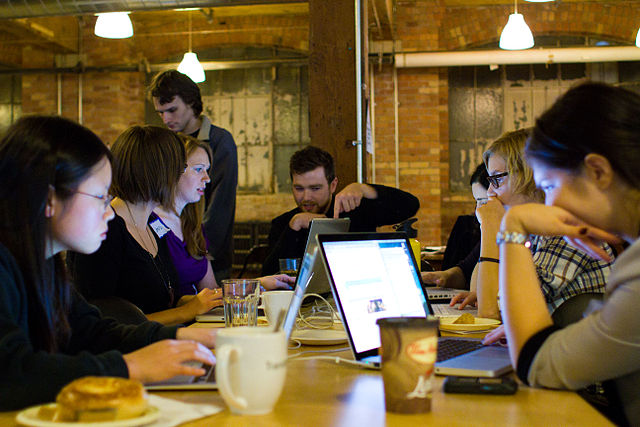Education vs Learning
Education and learning are terms that are frequently confused due to their similar meanings, but they are different and should be viewed as distinct concepts. Today, education is primarily provided through schools and other institutions and can be defined as the process of supplying intellectual and moral direction to an individual. It involves the transfer of knowledge from one person to another. Education has extrinsic value to an individual, while learning is different. Learning is the process by which an individual gains knowledge, and this comes from within the person, unlike education. This article will explore the differences between these two concepts.
What is Education?
Education is the process of providing intellectual and moral guidance to an individual. It plays a crucial role in society and has two primary functions:
- The conservative function, which socializes the younger generation.
- The creative function, which enables a child to develop their faculties so they can bring about social change.
The conservative function of education is equivalent to the socialization process, where the child is acculturated. The creative function, however, opposes this conservative function as it allows the child to develop their cognitive capacities to challenge existing beliefs.
Education is not limited to schools. It occurs through various social agents, such as religion and media, which transmit knowledge to the child. In the modern world, formal education is widespread and includes not only instruction in various disciplines but also examinations that push the child toward appreciating extrinsic motivation. Furthermore, formal education is essential for various job opportunities. Education should not be confused with learning.
What is Learning?
Learning is the process of acquiring knowledge. Unlike education, which is imposed on the younger generation through societal mechanisms like schools, learning occurs through individual effort rather than external pressure. It is believed that learning continues throughout a person’s life. The learning curve of an individual extends beyond merely acquiring knowledge of academic disciplines and includes skills, values, and behaviors.
As we grow, we gain new experiences and are exposed to various situations, all of which are part of learning. Learning typically leads to a change or modification in an individual’s existing beliefs. Psychologists believe that learning can occur both consciously and unconsciously. According to educational psychologists, learning can occur through various methods, such as conditioning and vicarious learning. Children learn new things through observation, and their surroundings fascinate them, making them eager to learn. As the child grows, learning focuses on various situations the child encounters and their interests. This emphasizes that education and learning are separate concepts and should not be used interchangeably.
Key Takeaways
- Education is the process of providing intellectual and moral guidance to an individual, while learning is the process of acquiring knowledge.
- Education involves the transfer of knowledge from one generation to another, while learning does not.
- Learning stems from the individual, while education comes from external social agents, and learning occurs throughout a person’s life, while education may be limited to a number of years.
